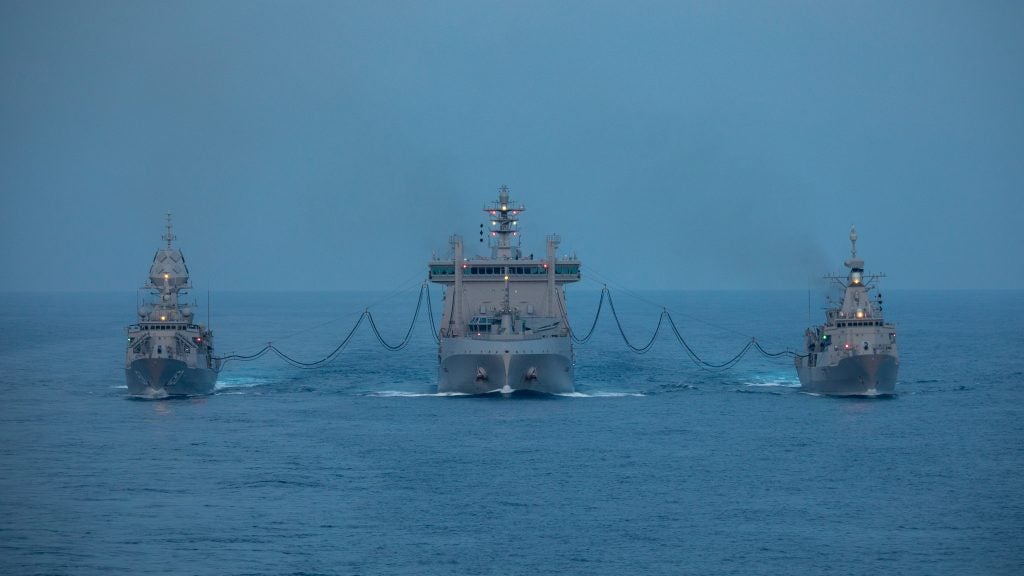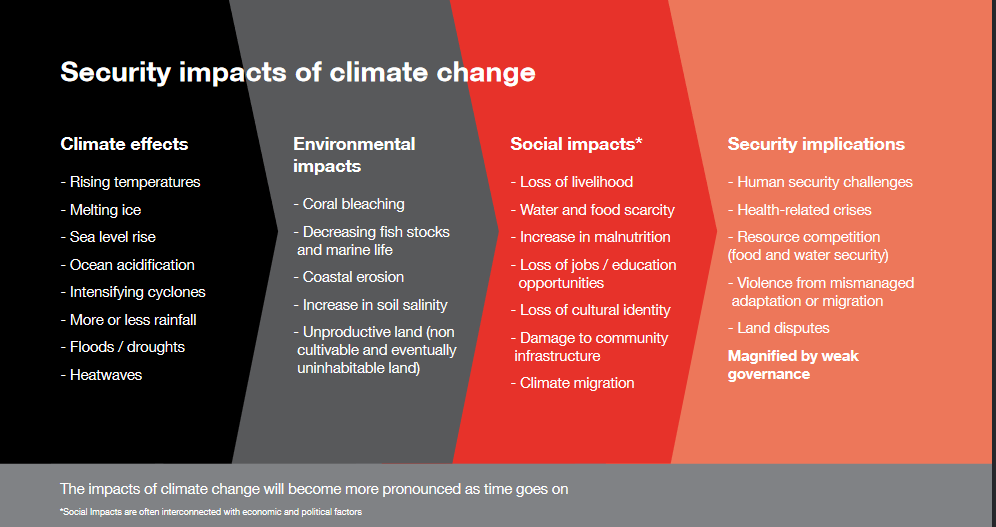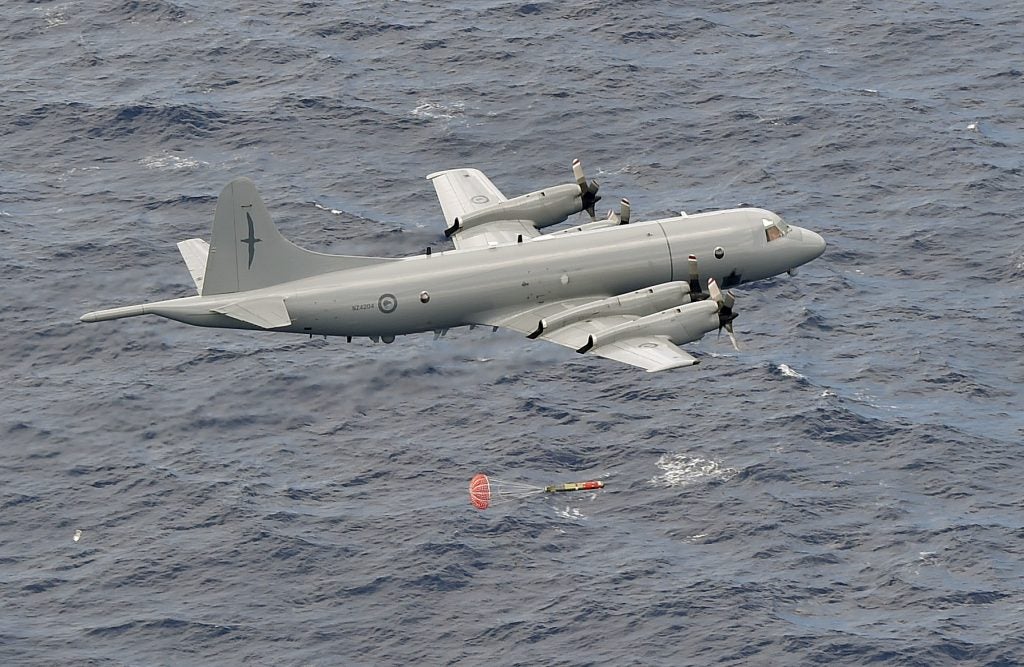Climate Change, Strategic Competition biggest threats to Aotearoa New Zealand: Ministry of Defence
The New Zealand Ministry of Defence released its annual Defence Assessment on Wednesday. Titled “He Moana Pepuke E Ekengia E Te Waka” or “A Rough Sea Can Still Be Navigated” it describes New Zealand’s strategic environment as “deteriorating” largely because of climate change and strategic competition. To meet the challenge, the report argues, New Zealand must become a more active player in shaping its near region while continuing to contribute to global security.

The 40-page report, which can be accessed in full here, was released alongside a set of principles that will help to guide Kiwi Defence policy into the future.
The report describes competition between China and the U.S specifically, and strategic competition more broadly as increasingly defining and shaping relationships between states’. Strategic competition, especially in the Indo-Pacific, it warns, will “increase tensions, and increase the potential for confrontation and conflict.” While the report rejects the possibility of a direct military threat to New Zealand, conflict in the wider region such as across the Taiwan Strait or on the Korean Peninsula is not ruled out. Increasingly, it says, strategic competition is playing out in the “Grey Zone” between peace and conflict.

The deterioration of the strategic situation is also attributed to Climate Change by the report. It warns that, In some countries in the Pacific, government legitimacy and capability will be challenged by frequent extreme weather, such as drought, torrential rain and tropical storms. Possibly leading to unrest and, in some places, outright violence.
“More frequent disasters means reduced recovery time between events, and more intense disasters means more damage from which to recover…. In many countries, pressures on governments’ capacities and legitimacies are likely to increase, exacerbating risks of civil unrest and, in some cases, more violent conflict.”
As a result of climate change and strategic competition, New Zealand’s interests in the Pacific will be increasingly challenged in the future. Possible worst-case scenarios include the creation of a “military base or dual-use facility in the Pacific by a state that does not share New Zealand’s values and security interests” or “Extra-regional military-backed resource Exploitation [such as what occurs in the South China Sea]”.
Responding to these challenges will require New Zealand to increasingly prioritise its region, requiring “hard choices and trade-offs to be made”. New Zealand, the report says, must also transition from a risk-management based strategic approach to a more active and objective-driven approach to the challenge. Investments into maritime domain awareness, presence and response capabilities will also be crucial, it says.
“The principal change we recommend is for New Zealand’s defence policy to shift from a risk management-centred approach to one based on a deliberate and proactive strategy, with more explicit – and explicitly prioritised – policy objectives.”
The resourcing of Defence to address the deteriorating strategic situation is, however, far from certain.

